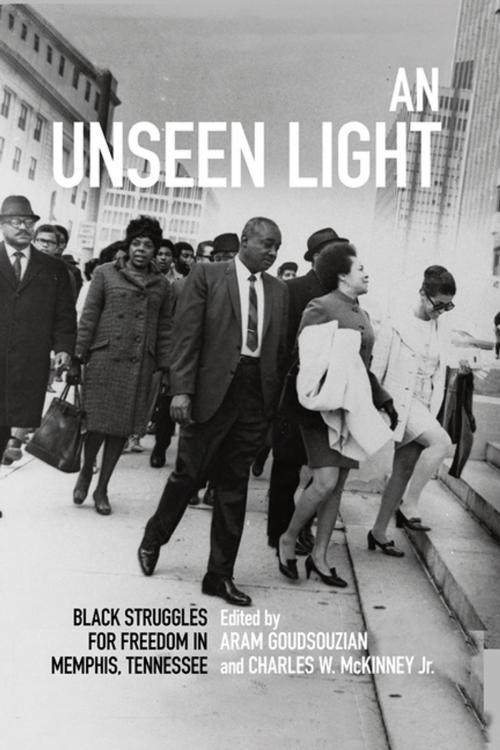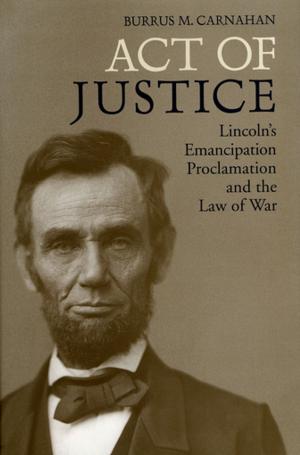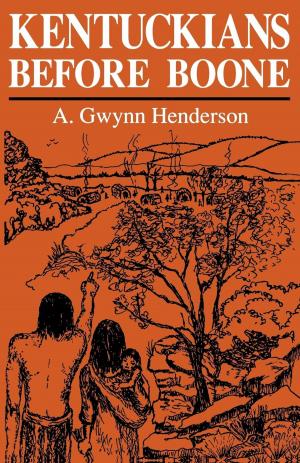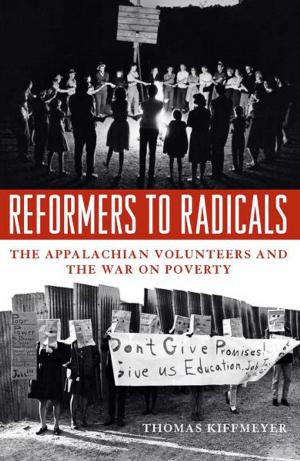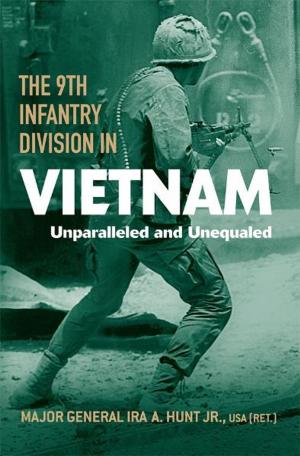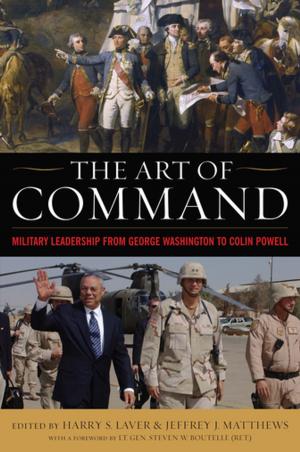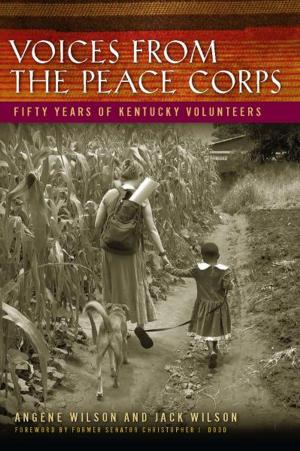An Unseen Light
Black Struggles for Freedom in Memphis, Tennessee
Nonfiction, Social & Cultural Studies, Political Science, Politics, Civil Rights, Social Science, Cultural Studies, African-American Studies, History, Americas, United States| Author: | Elizabeth Gritter, Brian D. Page, Darius Young, Elton H. Weaver III, David Welky, Beverly Greene Bond, Jason Jordan, Laurie B. Green, Steven A. Knowlton, Charles L. Hughes, Anthony C. Siracusa, James Conway, Shirletta Kinchen, Zandria F. Robinson, Michael K. Honey | ISBN: | 9780813175522 |
| Publisher: | The University Press of Kentucky | Publication: | March 20, 2018 |
| Imprint: | The University Press of Kentucky | Language: | English |
| Author: | Elizabeth Gritter, Brian D. Page, Darius Young, Elton H. Weaver III, David Welky, Beverly Greene Bond, Jason Jordan, Laurie B. Green, Steven A. Knowlton, Charles L. Hughes, Anthony C. Siracusa, James Conway, Shirletta Kinchen, Zandria F. Robinson, Michael K. Honey |
| ISBN: | 9780813175522 |
| Publisher: | The University Press of Kentucky |
| Publication: | March 20, 2018 |
| Imprint: | The University Press of Kentucky |
| Language: | English |
During the second half of the nineteenth century, Memphis, Tennessee, had the largest metropolitan population of African Americans in the Mid-South region and served as a political hub for civic organizations and grassroots movements. On April 4, 1968, the city found itself at the epicenter of the civil rights movement when Dr. Martin Luther King Jr. was assassinated at the Lorraine Motel. Nevertheless, despite the many significant events that took place in the city and its citizens' many contributions to the black freedom struggle, Memphis has been largely overlooked by historians of the civil rights movement.
In An Unseen Light, eminent and rising scholars offer a multidisciplinary examination of Memphis's role in African American history during the twentieth century. Together, they investigate episodes such as the 1940 "Reign of Terror" when black Memphians experienced a prolonged campaign of harassment, mass arrests, and violence at the hands of police. They also examine topics including the relationship between the labor and civil rights movements, the fight for economic advancement in black communities, and the impact of music on the city's culture. Covering subjects as diverse as politics, sports, music, activism, and religion, An Unseen Light illuminates Memphis's place in the long history of the struggle for African American freedom.
During the second half of the nineteenth century, Memphis, Tennessee, had the largest metropolitan population of African Americans in the Mid-South region and served as a political hub for civic organizations and grassroots movements. On April 4, 1968, the city found itself at the epicenter of the civil rights movement when Dr. Martin Luther King Jr. was assassinated at the Lorraine Motel. Nevertheless, despite the many significant events that took place in the city and its citizens' many contributions to the black freedom struggle, Memphis has been largely overlooked by historians of the civil rights movement.
In An Unseen Light, eminent and rising scholars offer a multidisciplinary examination of Memphis's role in African American history during the twentieth century. Together, they investigate episodes such as the 1940 "Reign of Terror" when black Memphians experienced a prolonged campaign of harassment, mass arrests, and violence at the hands of police. They also examine topics including the relationship between the labor and civil rights movements, the fight for economic advancement in black communities, and the impact of music on the city's culture. Covering subjects as diverse as politics, sports, music, activism, and religion, An Unseen Light illuminates Memphis's place in the long history of the struggle for African American freedom.
